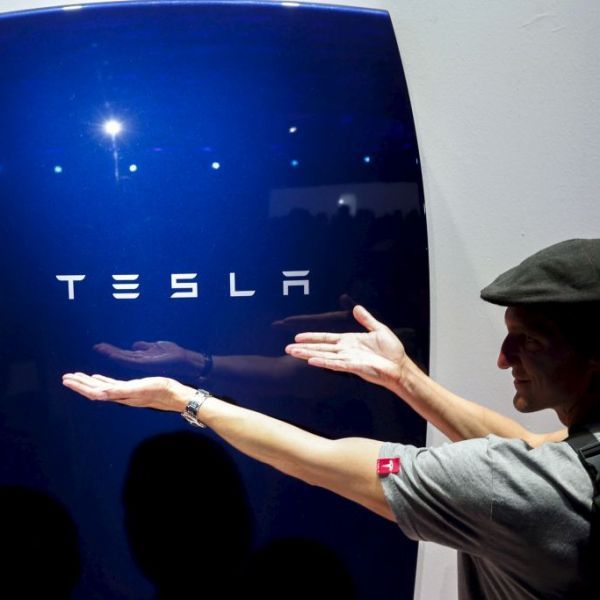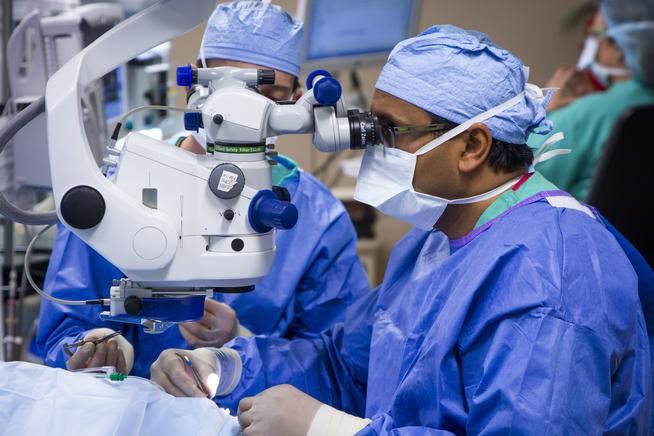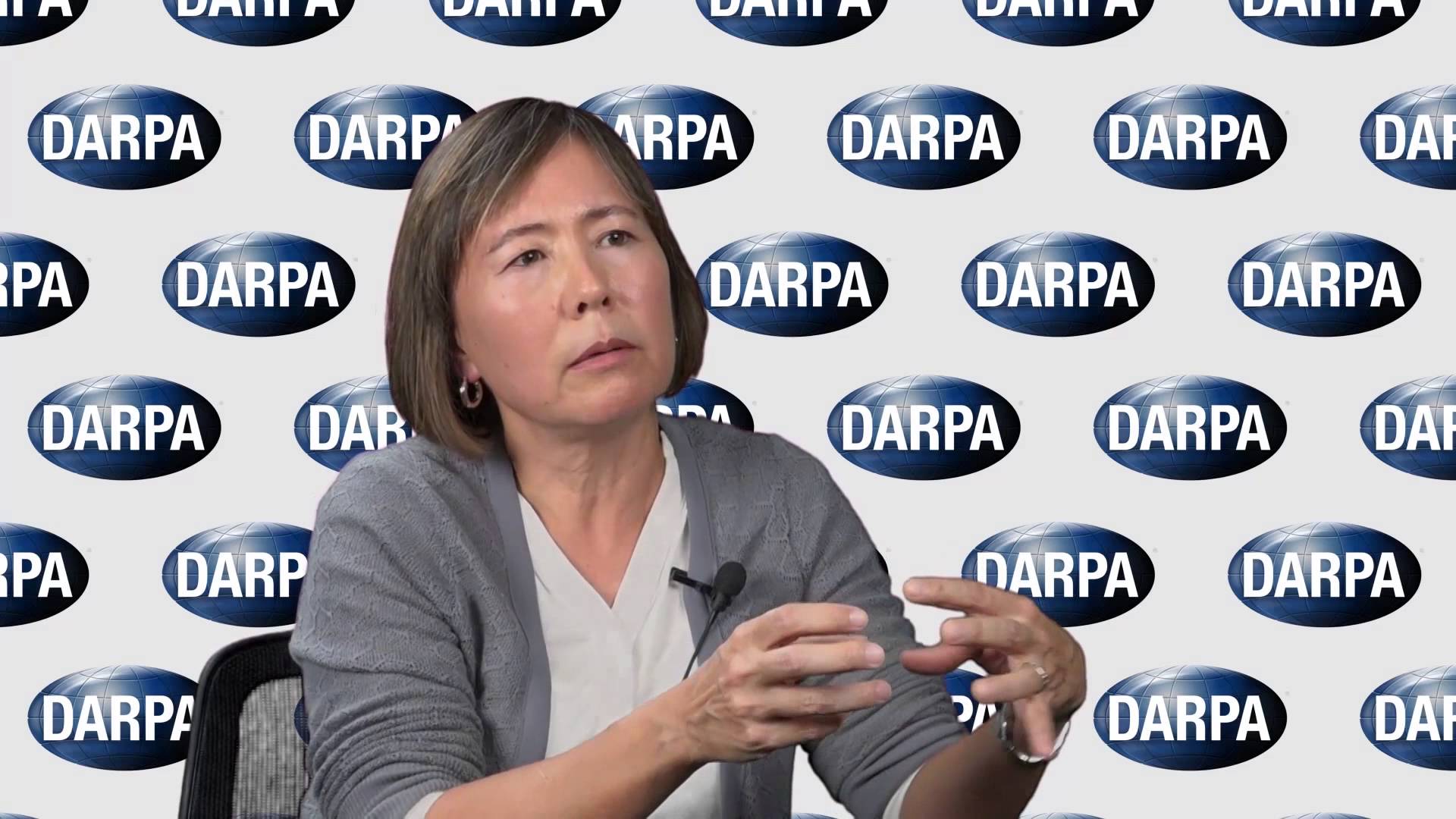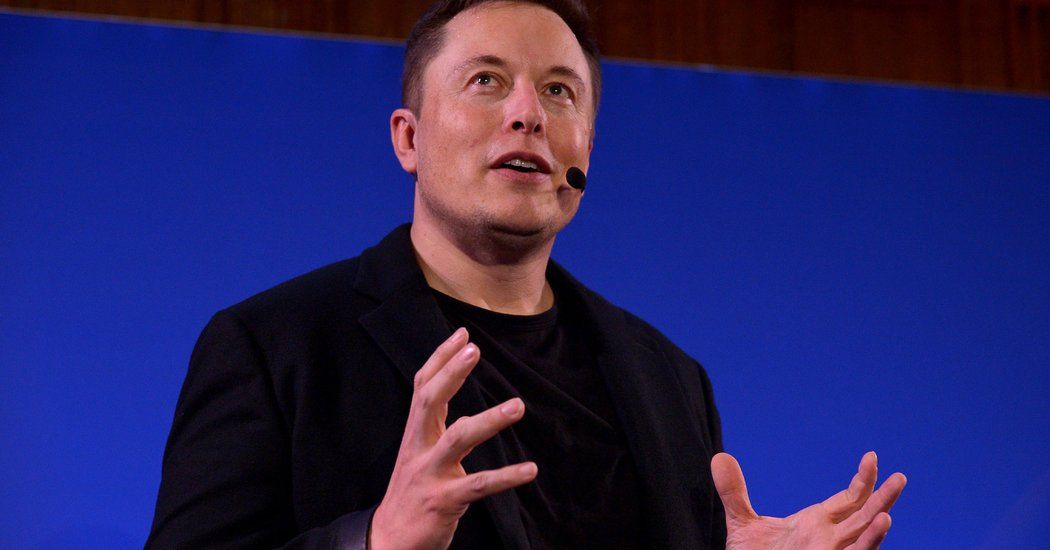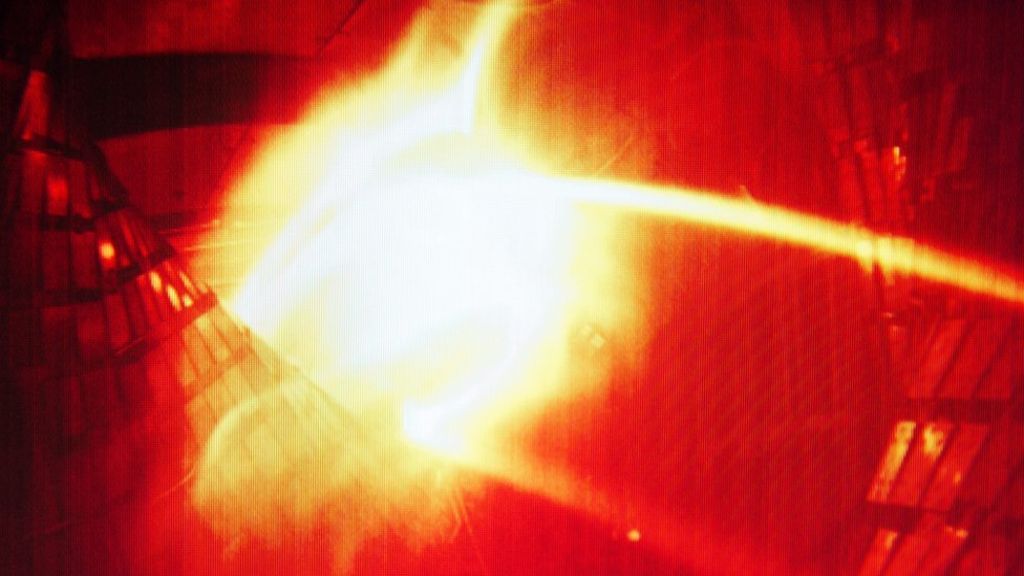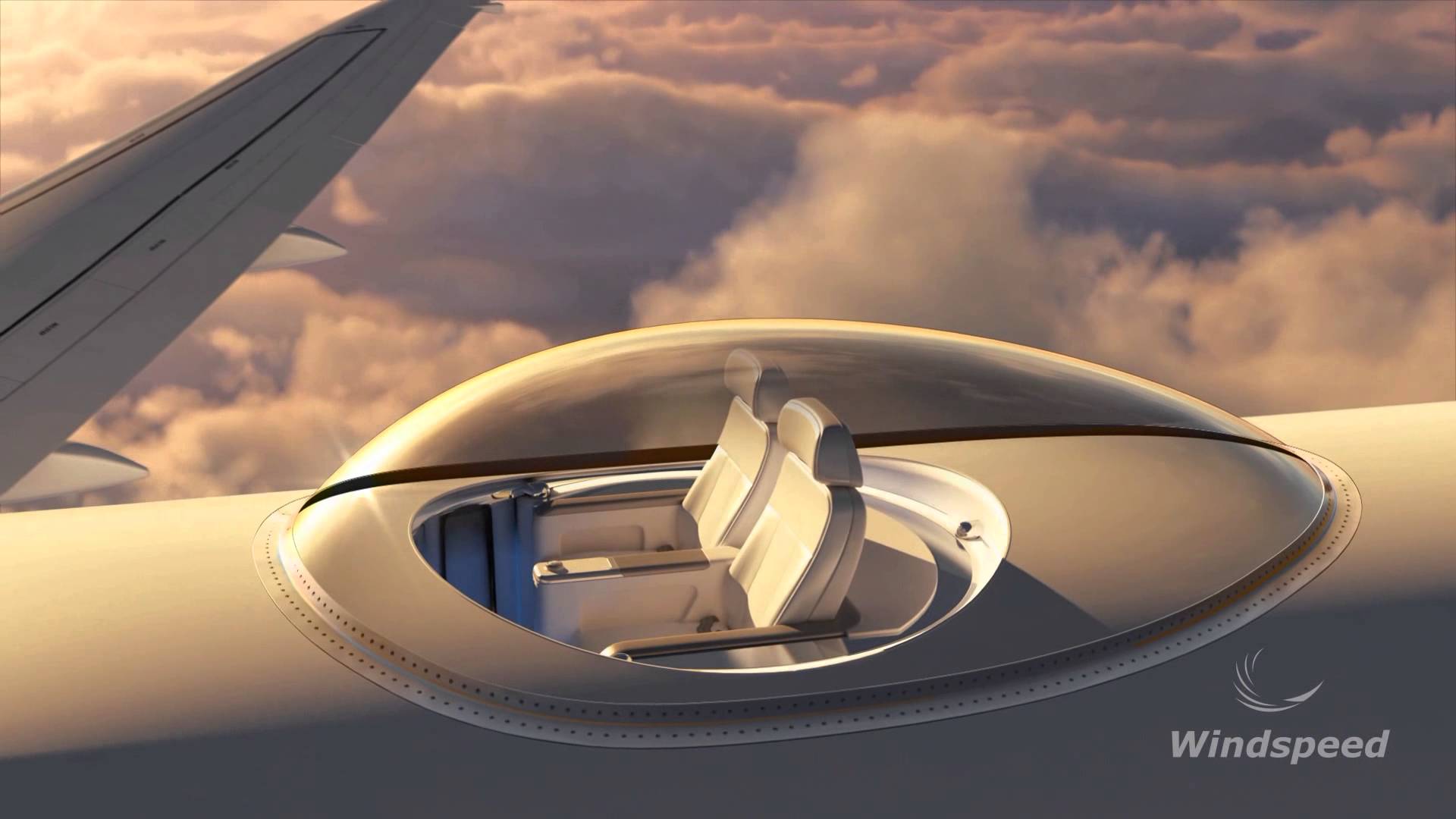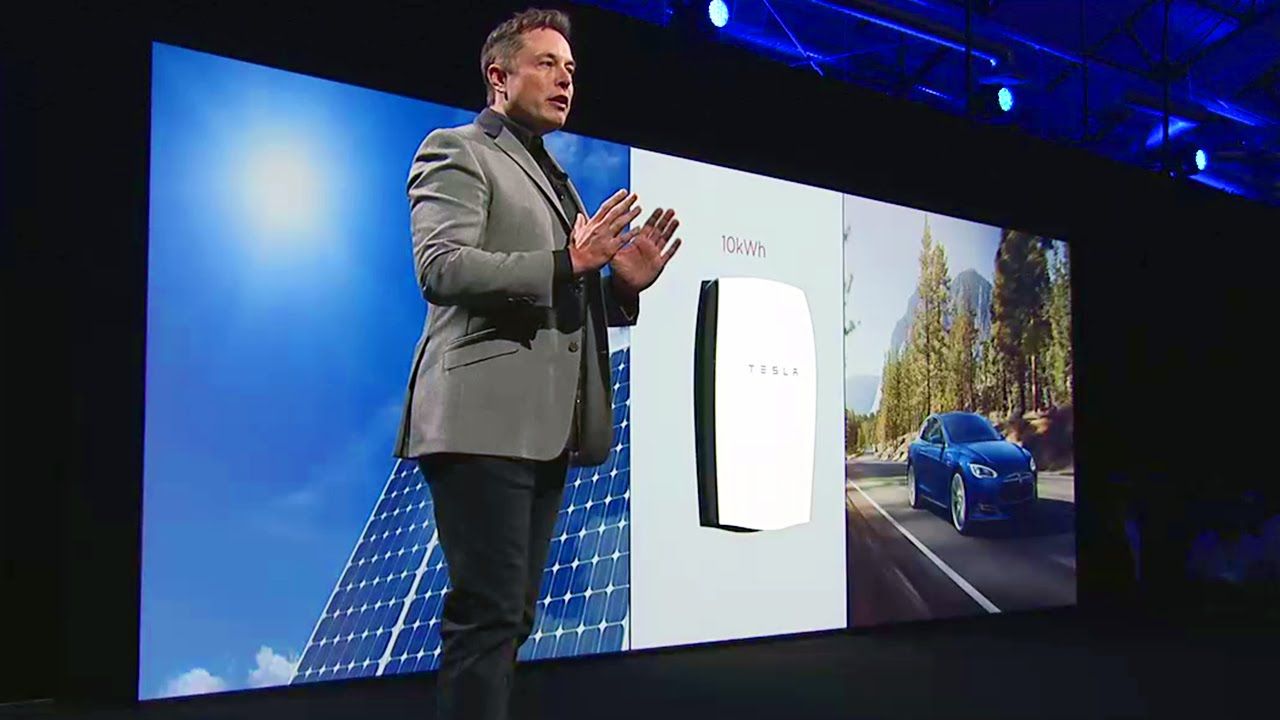Tesla’s much-hyped home battery, which is known as the “Powerwall” finally went on sale.
Launched in 1958, the Defense Advanced Research Projects Agency is behind some of the biggest innovations in the military — many of which have crossed over to the civilian technology market. These include things like advanced robotics, global positioning systems, and the Internet.
So what’s going to happen in 2045?
It’s pretty likely that robots and artificial technology are going to transform a bunch of industries, drone aircraft will continue their leap from the military to the civilian market, and self-driving cars will make your commute a lot more bearable.
Its long-range goal will be to create an “artificial general intelligence,” a machine capable of performing any intellectual task that a human being can, according to Mr. Musk. He also stressed that the focus was on building technologies that augment rather than replace humans.
The investors — including Elon Musk, Peter Thiel and Reid Hoffman — said they planned to commit $1 billion to the project long term, but would initially spend only a small fraction of that amount in the first few years of the project. But, Mr. Musk said, “Everyone who is listed as a contributor has made a substantial commitment and this should be viewed as at least a billion-dollar project.”
The organization, to be named OpenAI, will be established as a nonprofit, and will be based in San Francisco.
In a new study, people who believed negative stereotypes about old age had higher risk of Alzheimer’s.
A German nuclear fusion experiment has produced a special super-hot gas which scientists hope will eventually lead to clean, cheap energy.
The helium plasma — a cloud of loose, charged particles — lasted just a tenth of a second and was about one million degrees Celsius.
It was hailed as a breakthrough for the Max Planck Institute’s stellarator — a chamber whose design differs from the tokamak fusion devices used elsewhere.
This article is based on my skype conversation with Elizabeth Parrish, founder and CEO of BioViva. BioViva is a biotech company in the Seattle area focused on developing gene therapies to mitigate the diseases of aging. Liz is currently experimenting these therapies on herself. Her research was recently covered in a MIT Technology Review article and she did an AMA on Reddit you may want to check out.
Tesla Powerwall Keynote by Elon Musk “The Missing Piece”
English and Spanish subtitles added, credit to Luis Gámez for transcribing and translating.
